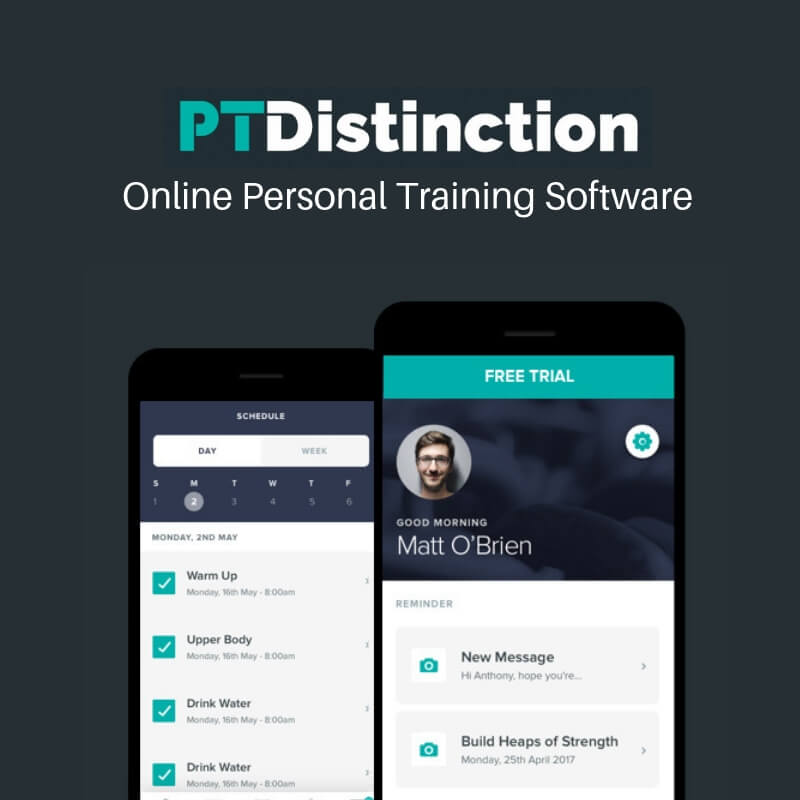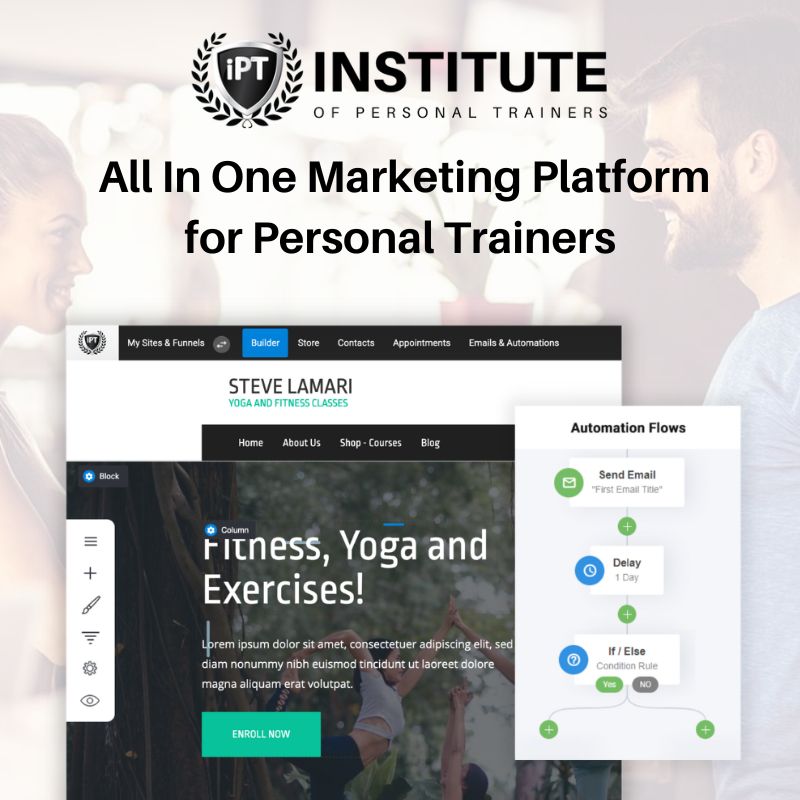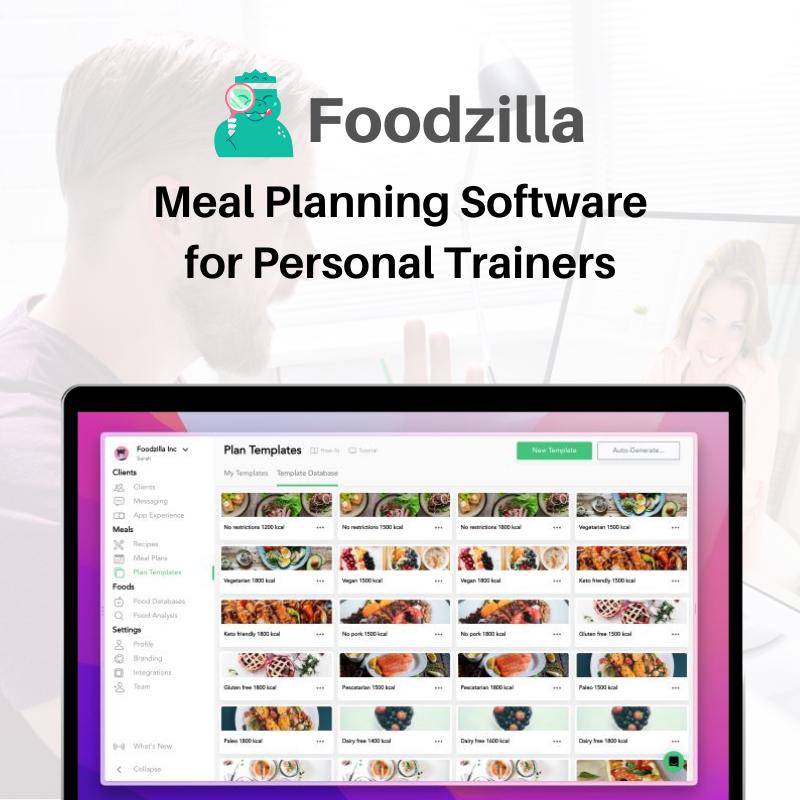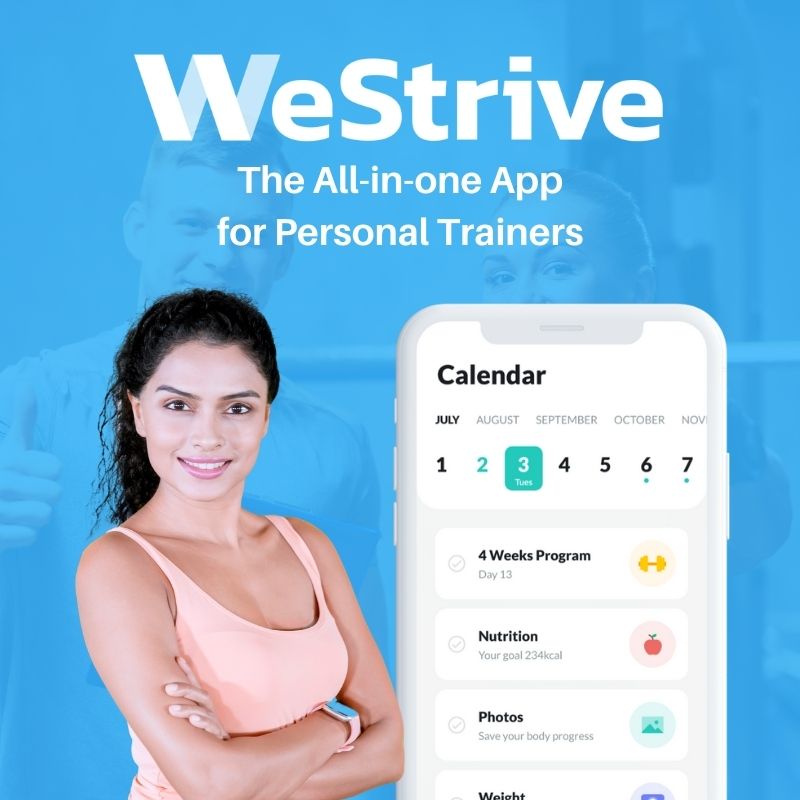What is this counter intuitive secret formula?
Asking your audience.
Most personal trainers and health club owners operate their business and fitness marketing with a ‘stab in the dark’ strategy. They create a product, write marketing and sales material, and then try to sell it to the public. This is by no means just personal trainers either. Many businesses, even huge, successful companies do this.
Asking your audience.
Most personal trainers and health club owners operate their business and fitness marketing with a ‘stab in the dark’ strategy. They create a product, write marketing and sales material, and then try to sell it to the public. This is by no means just personal trainers either. Many businesses, even huge, successful companies do this.
I used to spend – no joke – weeks, perfecting my sales copy and the content of my website when I was trying to sell a new product.
I did it when I built a PT website, when I started a bootcamp, and various times when I tried to sell things online. I thought I new exactly what my potential customers wanted to buy.
I knew what their problems were, I had loads of experience and success stories of solving their problems. I’d had success getting clients before. To be totally honest, it got to the point where I knew their problems better than they did…
You know how people will come to you with the usual ‘I just want to tone up’, but when you dig, you can get down to the real reasons why they want to change their body. I knew all of these reasons, and with experience, it became quite predictable what people would say when you had a baseline of background information. I could often articulate it before they could.
Despite this, I have never seen better success from a campaign, than when I ASKED my audience what they needed help with.
This is most relevant for people with an email list, but you can also do the same thing simply by walking around the gym floor and asking people a couple of quick questions.
People tend to have a few hang ups about asking their potential customers what they need help with. Like it makes them seem like they don’t know what they’re doing or something. Honestly, this is simply not the case. It shows that you care and that you are trying to genuinely help people.
If you want to find more information about the psychology and reasoning behind this approach, check out the book ‘Ask’ by Ryan Levesque. He is one of the world’s top marketers and definitely knows what he is talking about when it comes to creating and selling products/services that the market wants to buy.
I did it when I built a PT website, when I started a bootcamp, and various times when I tried to sell things online. I thought I new exactly what my potential customers wanted to buy.
I knew what their problems were, I had loads of experience and success stories of solving their problems. I’d had success getting clients before. To be totally honest, it got to the point where I knew their problems better than they did…
You know how people will come to you with the usual ‘I just want to tone up’, but when you dig, you can get down to the real reasons why they want to change their body. I knew all of these reasons, and with experience, it became quite predictable what people would say when you had a baseline of background information. I could often articulate it before they could.
Despite this, I have never seen better success from a campaign, than when I ASKED my audience what they needed help with.
This is most relevant for people with an email list, but you can also do the same thing simply by walking around the gym floor and asking people a couple of quick questions.
People tend to have a few hang ups about asking their potential customers what they need help with. Like it makes them seem like they don’t know what they’re doing or something. Honestly, this is simply not the case. It shows that you care and that you are trying to genuinely help people.
If you want to find more information about the psychology and reasoning behind this approach, check out the book ‘Ask’ by Ryan Levesque. He is one of the world’s top marketers and definitely knows what he is talking about when it comes to creating and selling products/services that the market wants to buy.
Deep Knowledge
People are coming to you as a fitness expert, right?
You’re highly qualified in exercise, nutrition, coaching and all of that good stuff…
But is that what people really want or need?
It has value, of course. Massive value. Huge respect to every personal trainer who is educating themselves and helping their clients…
But do the clients care about this stuff?
I’d argue, no, not really.
What they care about is their body. Their guns, abs or booty. How they feel in their self…self-confidence, getting noticed by the opposite sex. Having more energy and living a longer, happier life.
All of the knowledge that you have is the means to the end. Not the end itself.
Following on from this, the client is looking to buy the end.
If they really wanted to know about nutrition or training protocols they would use google and read books like we do. The information is readily available.
What they want is someone who already knows the information. Has been educated by the best and studied for years, to apply that knowledge, to attain their outcome.
So do they want to buy your impressive qualifications? No
They want to buy what you can do for them…
So sell them that.
From the clients perspective, it is all about the outcome. All about what you will do for their life.
We need to find out what exactly they want. Realistically, the answer will be the tools and knowledge that you have. It’s always the same.
The difference?
In which of the many benefits the client values.
In how they perceive and communicate this.
In why they want to do this.
You’re highly qualified in exercise, nutrition, coaching and all of that good stuff…
But is that what people really want or need?
It has value, of course. Massive value. Huge respect to every personal trainer who is educating themselves and helping their clients…
But do the clients care about this stuff?
I’d argue, no, not really.
What they care about is their body. Their guns, abs or booty. How they feel in their self…self-confidence, getting noticed by the opposite sex. Having more energy and living a longer, happier life.
All of the knowledge that you have is the means to the end. Not the end itself.
Following on from this, the client is looking to buy the end.
If they really wanted to know about nutrition or training protocols they would use google and read books like we do. The information is readily available.
What they want is someone who already knows the information. Has been educated by the best and studied for years, to apply that knowledge, to attain their outcome.
So do they want to buy your impressive qualifications? No
They want to buy what you can do for them…
So sell them that.
From the clients perspective, it is all about the outcome. All about what you will do for their life.
We need to find out what exactly they want. Realistically, the answer will be the tools and knowledge that you have. It’s always the same.
The difference?
In which of the many benefits the client values.
In how they perceive and communicate this.
In why they want to do this.
How do we ask?
Of course you can’t just rock up to someone and say,
“What do you want me to sell you?”
Even though that is what you are finding out. There’s a specific way to find out what people want to buy from you. Without manipulating them, they will tell you exactly how to sell to them.
It’s simply by asking a couple of questions.
The greatest success I have seen in my own business, in terms of conversion and profit is using this formula.
It allowed me to sell out a 6 week online coaching program at £500 per person, to a small email list of under 1000 people.
The magic questions:
Of course, you want to wrap the questions up in an email, or if you are doing it in person, with a bit of an explanation as to why you are asking. (To really understand how you can help people and what they really need addressing).
In the first question, they are telling you their biggest pain point. The thing that you are solving for them with your offer.
The second question basically gives you the fodder to explain why you are different and thus why they will be successful.
The third question will bring it to the front of their mind that they are either not seeing success, or not doing anything at all.
After they have answered the questions, immediately or at a later date, you can make them an offer.
Use their own language and the solution to the problems that they have self-identified with.
You can even continue to ask questions or take surveys if you wish...
I am writing a blog post about weight loss; which would you most like to read about?
Every time someone answers a question or submits a survey, it allows you to segment them and target their specific problems, using their own language with your sales and marketing.
You will be amazed at how often people will tell you exactly how to sell to them.
The reality is, if they are speaking to you and entering this conversation, they are hoping that you have the solution to their problems. They want to be sold. All you are doing is identifying that you understand and empathise with their unique situation, and do indeed have the solution to their specific problem.
“What do you want me to sell you?”
Even though that is what you are finding out. There’s a specific way to find out what people want to buy from you. Without manipulating them, they will tell you exactly how to sell to them.
It’s simply by asking a couple of questions.
The greatest success I have seen in my own business, in terms of conversion and profit is using this formula.
It allowed me to sell out a 6 week online coaching program at £500 per person, to a small email list of under 1000 people.
The magic questions:
- What is your single biggest health/fitness/body challenge?
- What have you done in the past to try and achieve your health/fitness/body goals?
- What are you doing currently to achieve your health/fitness/body goals?
Of course, you want to wrap the questions up in an email, or if you are doing it in person, with a bit of an explanation as to why you are asking. (To really understand how you can help people and what they really need addressing).
In the first question, they are telling you their biggest pain point. The thing that you are solving for them with your offer.
The second question basically gives you the fodder to explain why you are different and thus why they will be successful.
The third question will bring it to the front of their mind that they are either not seeing success, or not doing anything at all.
After they have answered the questions, immediately or at a later date, you can make them an offer.
Use their own language and the solution to the problems that they have self-identified with.
You can even continue to ask questions or take surveys if you wish...
I am writing a blog post about weight loss; which would you most like to read about?
- Option A
- Option B
- Option C
Every time someone answers a question or submits a survey, it allows you to segment them and target their specific problems, using their own language with your sales and marketing.
You will be amazed at how often people will tell you exactly how to sell to them.
The reality is, if they are speaking to you and entering this conversation, they are hoping that you have the solution to their problems. They want to be sold. All you are doing is identifying that you understand and empathise with their unique situation, and do indeed have the solution to their specific problem.
What do people want to buy?
You will often find out a lot about what hang ups people have. The reasons they might not have seen success before.
People aren’t stupid and have generally tried to work out and diet before, but for one reason or another, have not stuck with it.
By asking, they will often reveal their problems or limiting beliefs that you need to address, to ensure that they see great success this time.
Sometimes it is a simple lack of knowledge, but I would say that usually it’s something else.
People aren’t stupid and have generally tried to work out and diet before, but for one reason or another, have not stuck with it.
By asking, they will often reveal their problems or limiting beliefs that you need to address, to ensure that they see great success this time.
Sometimes it is a simple lack of knowledge, but I would say that usually it’s something else.
Conversions, not lectures
Above anything else, potential clients want to know two things.
Firstly, that you have the solution to their problems.
Secondly, that you care.
By asking what their biggest problems are, you have shown that you have the solution to their problem, rather than a generic one size fits all thing that you are trying to sell.
They know that you care because you have taken the time out to actually engage them in a conversation. How many businesses speak to their customers or clients at all? How many ask for the clients input and try to further understand their needs on a personal level? I’ll tell you, its basically zero.
Even other personal trainers will probably be having one to one conversations with the prospective client – on the gym floor, for example – but are trying to box them in to their pre-existing programs. To the client, this just feels like one big, uncomfortable sales pitch.
Firstly, that you have the solution to their problems.
Secondly, that you care.
By asking what their biggest problems are, you have shown that you have the solution to their problem, rather than a generic one size fits all thing that you are trying to sell.
They know that you care because you have taken the time out to actually engage them in a conversation. How many businesses speak to their customers or clients at all? How many ask for the clients input and try to further understand their needs on a personal level? I’ll tell you, its basically zero.
Even other personal trainers will probably be having one to one conversations with the prospective client – on the gym floor, for example – but are trying to box them in to their pre-existing programs. To the client, this just feels like one big, uncomfortable sales pitch.
Do I need to create dozens of different packages?
No. The chances are, all of your clients will struggle with the same two or three big problems.
They will undoubtedly need to workout, address their diet and do all of the things that you are already prescribing your clients.
The only difference is the way that you communicate what they are buying and why.
The actual delivery doesn’t differ any more than it normally would from person to person. It is about you understanding and empathising with their unique problems and communicating that you can provide them the solution. They feel like they are being looked after and that you are focused solely on fixing their problem (which you are).
They will undoubtedly need to workout, address their diet and do all of the things that you are already prescribing your clients.
The only difference is the way that you communicate what they are buying and why.
The actual delivery doesn’t differ any more than it normally would from person to person. It is about you understanding and empathising with their unique problems and communicating that you can provide them the solution. They feel like they are being looked after and that you are focused solely on fixing their problem (which you are).








